Meta's Horizon OS will soon power your Asus and Lenovo VR headsets
A limited-edition Xbox-inspired Meta Quest is also under development
3 min. read
Published on
Read our disclosure page to find out how can you help Windows Report sustain the editorial team. Read more

Meta Quest, a visionary VR headset, rose through the popularity charts within months of launch. Over the years, Meta released improved versions of the VR headset aimed at delivering a more streamlined experience. Now, Meta is bringing Horizon OS, the operating system on Quest, to more devices!
In an official blog post, Meta announced,
We’re opening up the operating system that powers our Meta Quest devices to third-party hardware makers, giving developers a larger ecosystem to build for and ultimately creating more choice for consumers. We’re working with leading global technology companies to create a new ecosystem of mixed reality devices, and we’re making it even easier for developers to build mixed reality apps.
The operating system on Quest wasn’t previously called Horizon OS. It was referred to as the Quest software, but with Meta making significant strides and creating a more open ecosystem, a new name that ensured uniformity was needed. Thus came Horizon OS!
Subsequently, the Meta Quest Store was renamed the Meta Horizon Store, and the Meta Quest mobile app was named Meta Horizon.
Asus, Lenovo, and Microsoft are amongst the first to integrate Horizon OS
While making the announcement, Meta shared that Asus, Lenovo, and Microsoft will develop devices powered by Horizon OS.
As for Asus, you will have a new Horizon OS-based gaming headset delivering superior performance. Lenovo plans to bring mixed-reality devices for productivity, learning, and entertainment. Microsoft is collaborating with Meta to develop a limited-edition Xbox-themed Meta Quest.
Meta opening Horizon OS to more devices doesn’t mean the California-based tech giant will stop releasing native headsets. The move is aimed at creating headsets designed for specific use cases, say work, gaming, or entertainment, as shared by Mark Zuckerberg in an Instagram video.
Meta simplifies app development and improves visibility
Expanding the ecosystem only works when end users have access to more content. In line with this approach, Meta will now have a dedicated App Lab section on all devices so audiences can discover more exciting apps on Quest.
Besides, Meta is refining app development for the Horizon Store, bringing in a new spatial app framework and introducing a wide array of creator-friendly tools.
Last year, Meta brought Xbox Cloud Gaming to Quest. Then, in early 2024, it released the Meta Quest+ gaming service. Now, Meta is actively developing and expanding the Horizon OS to provide an unmatched VR experience. If history tells us anything, the next few years will be more exciting than ever!
What do you think about Meta’s Horizon OS and its plans for an open ecosystem? Share with our readers in the comments section.


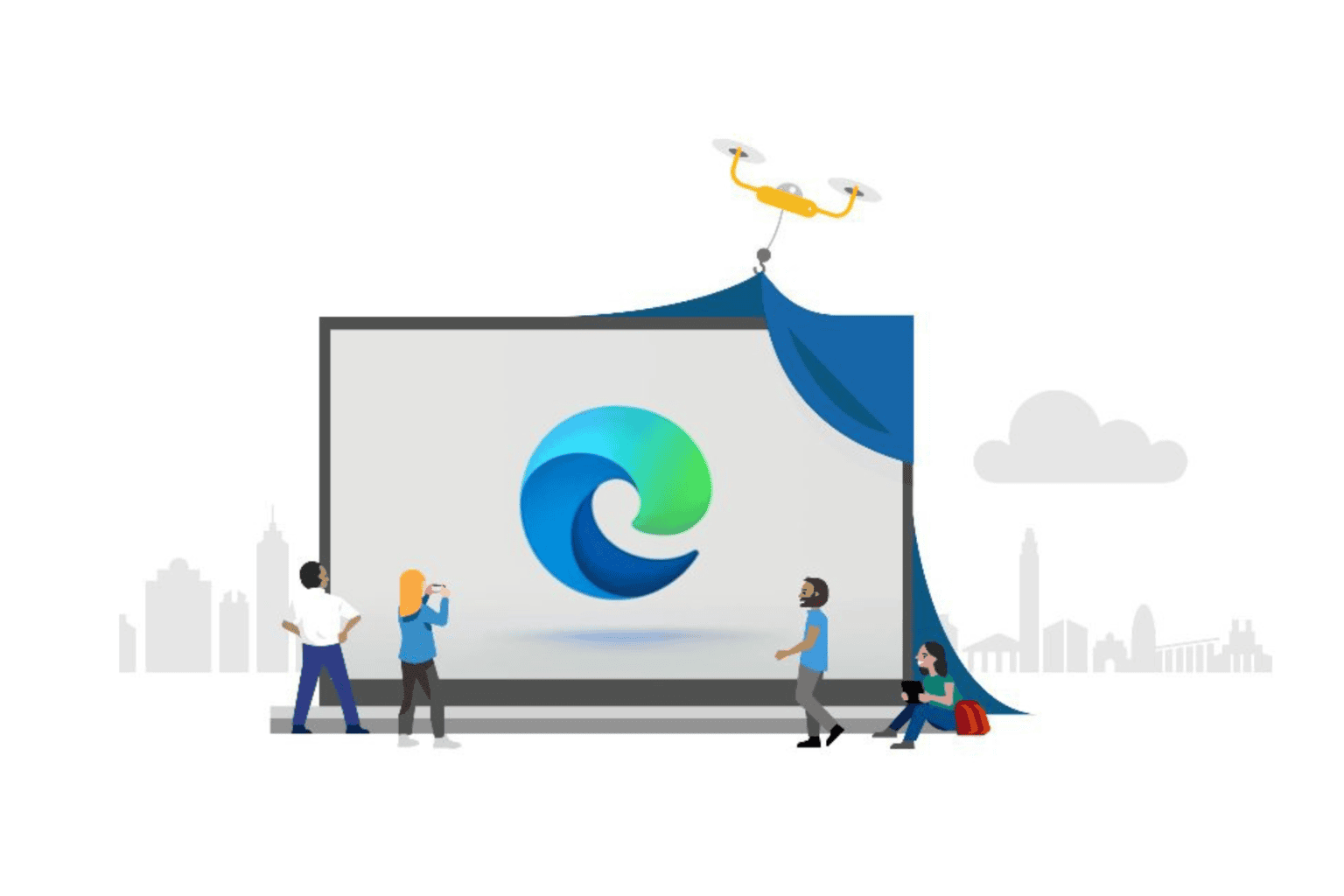
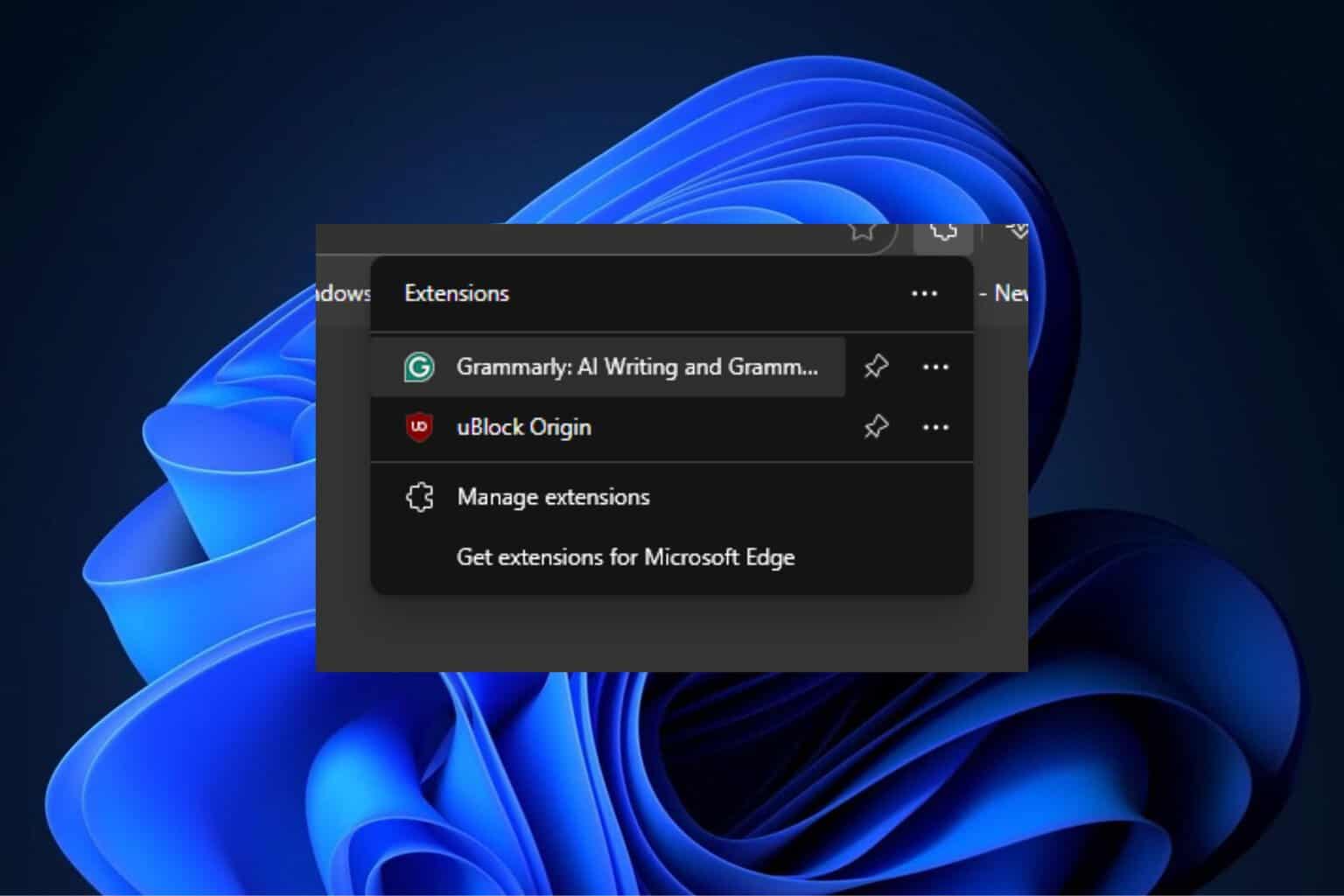
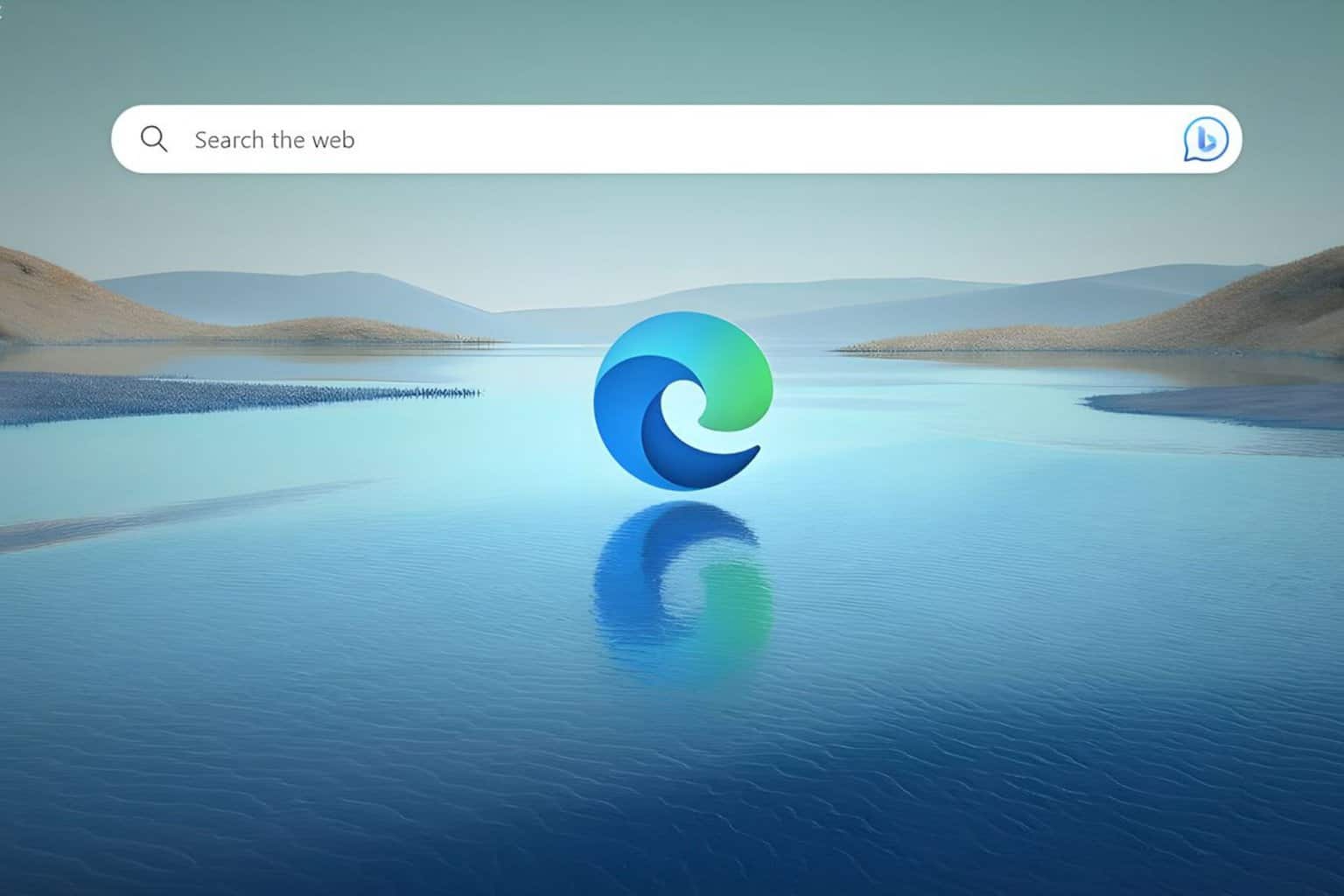

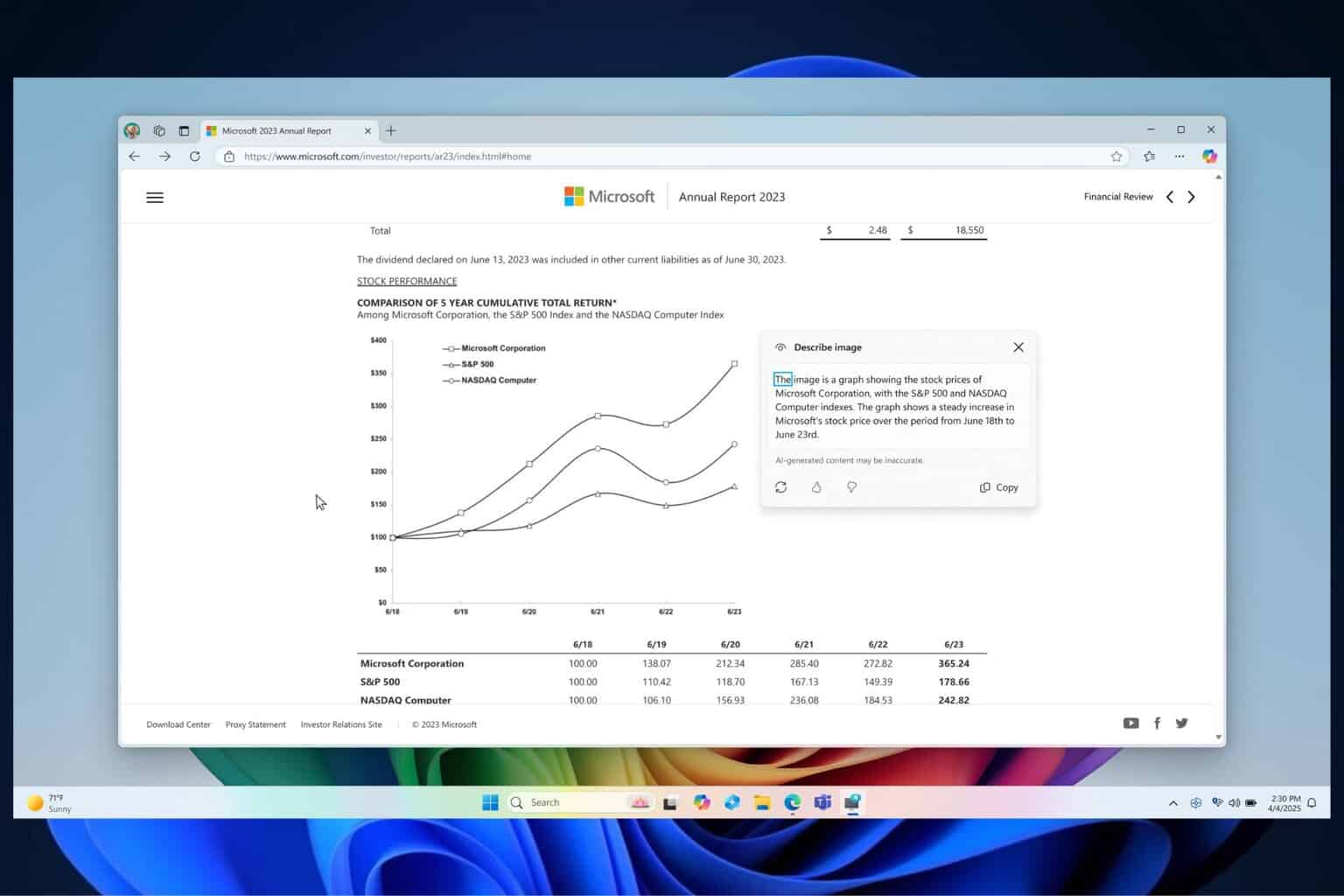
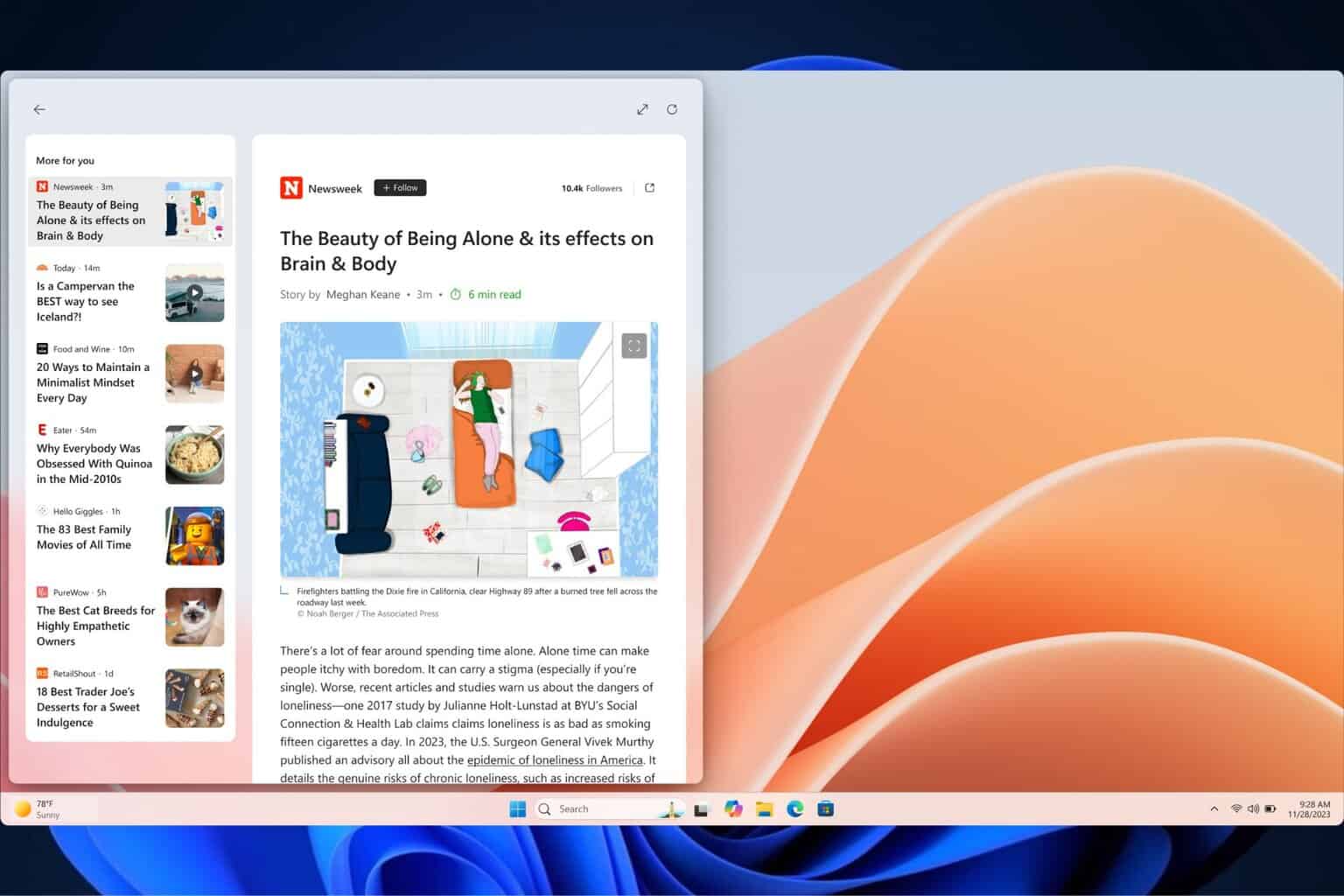
User forum
0 messages